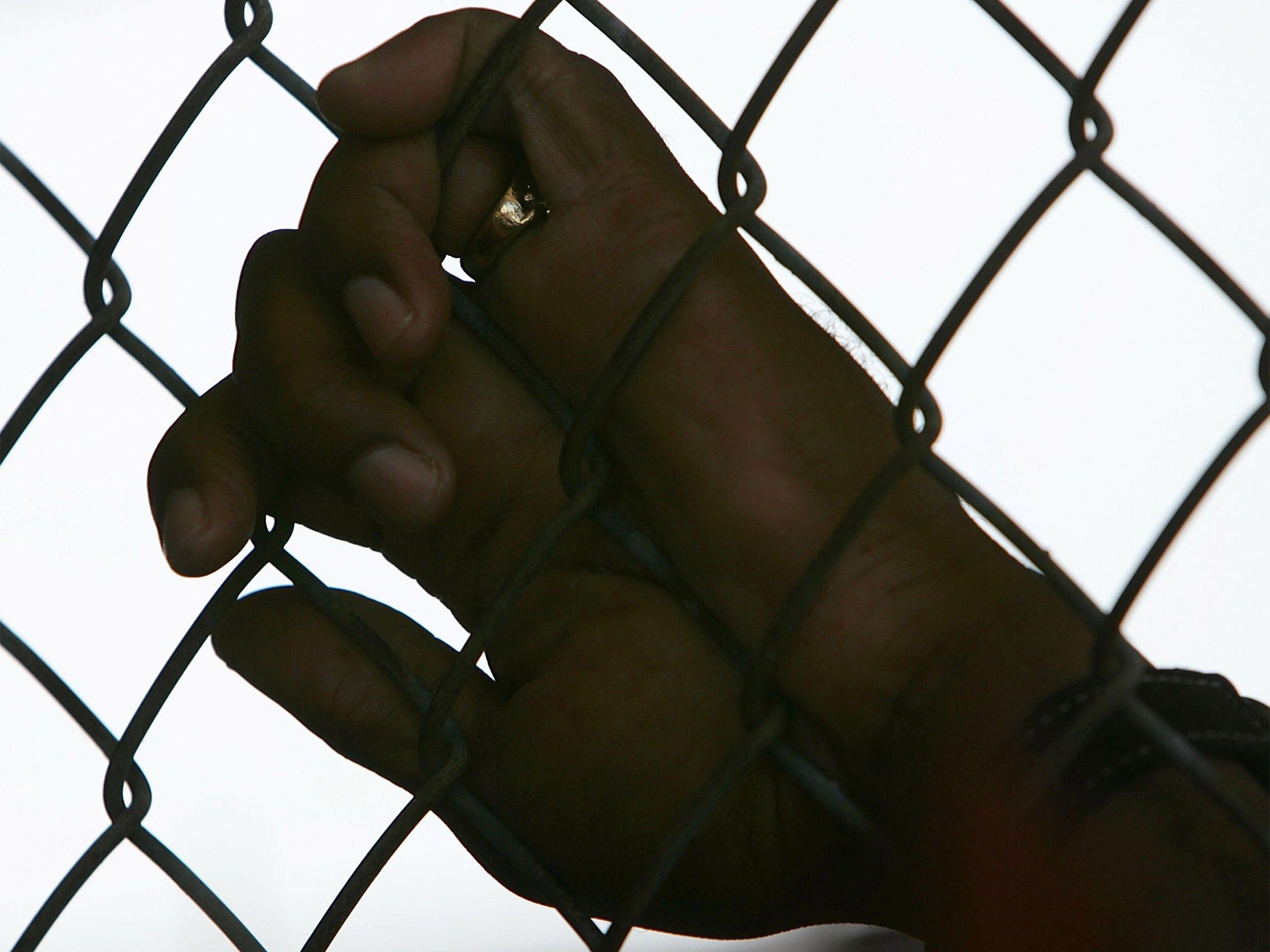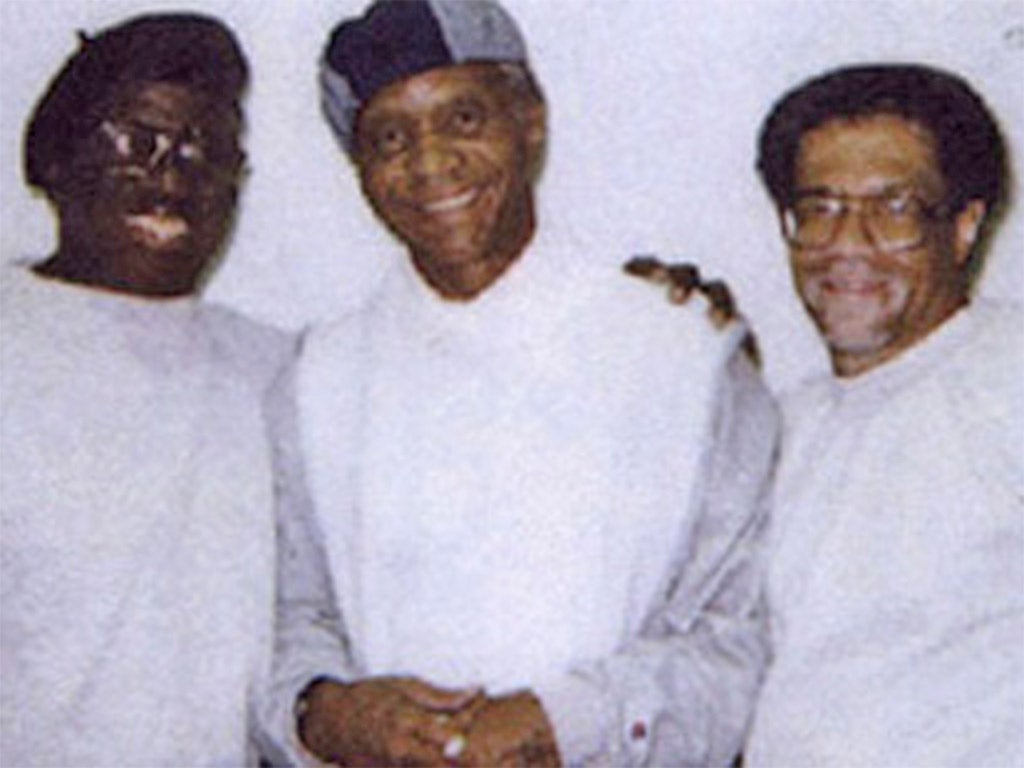Angola Three: Court rules Albert Woodfox should remain incarcerated and face a third trial
Mr Woodfox had been told in June that the state of Louisiana could no longer hold him behind bars for the murder of a prison guard in 1972

Your support helps us to tell the story
From reproductive rights to climate change to Big Tech, The Independent is on the ground when the story is developing. Whether it's investigating the financials of Elon Musk's pro-Trump PAC or producing our latest documentary, 'The A Word', which shines a light on the American women fighting for reproductive rights, we know how important it is to parse out the facts from the messaging.
At such a critical moment in US history, we need reporters on the ground. Your donation allows us to keep sending journalists to speak to both sides of the story.
The Independent is trusted by Americans across the entire political spectrum. And unlike many other quality news outlets, we choose not to lock Americans out of our reporting and analysis with paywalls. We believe quality journalism should be available to everyone, paid for by those who can afford it.
Your support makes all the difference.More than forty years after the crime and four months after a lower court ordered his release, the last member of the so-called “Angola Three” suffered a fresh blow after a three-judge panel of a federal appeals court ruled instead that he should remain incarcerated and face a third trial.
There was celebration in June among supporters of Albert Woodfox in the US and also in Britain when Judge James Brady said the state of Louisiana could no longer hold him behind bars after two convictions for the murder of a prison guard in Angola Prison guard in 1972 were overturned for reasons that included racial bias in the jury.

But within days, the state appealed that ruling and hopes that Mr Woodfox, 68, would soon be home were thwarted even though the widow of the dead guard herself said she doubted he was responsible and in spite of the obvious obstacles to a fair third trial, with no available physical evidence and the inconvenient fact that almost all potential witnesses have since passed away.
“The district court abused its discretion by barring retrial and by granting the extraordinary remedy of an unconditional writ,” Judge Carolyn Dineen King wrote for the majority after the ruling was released on the evening of 9 November. But the disappointment of those who have years lobbied for his release was instense.
“He remains trapped in a nightmare - both by conditions of solitary confinement and by a deeply flawed legal process that has spanned four decades,” Amnesty International USA Campaigner Jasmine Heiss said on 10 November. “Woodfox has endured the unthinkable for over four decades in state custody. It’s long past time for the courts and state officials to finally provide some measure of justice and let Woodfox walk free.”
The state prosecutor’s office indicated that it was already proceeding with plans for a third trial for Mr Woodfox, the last of the Angola Three still in custody. One member was released in 2001; another was released in 2013 and died three days later.
In his dissent, Judge James Dennis agreed with Judge Brady, noting that almost all potential witnesses had died. “Clearly, the wrongful harm done to Woodfox, not only as a litigant but also as a human being by his two unconstitutional convictions and his egregious four decades of solitary confinement, cannot be rectified by the usual remedy of reversal and reprosecution,” Judge Dennis wrote.
Mr. Woodfox’s lawyer, George Kendall, said in a statement that he and his client were “extremely disappointed” with the court’s decision. “As the dissent points out, these truly are extraordinary circumstances and the state of Louisiana, who continues to hold Mr. Woodfox in solitary confinement, can no longer provide a fair trial," he said.